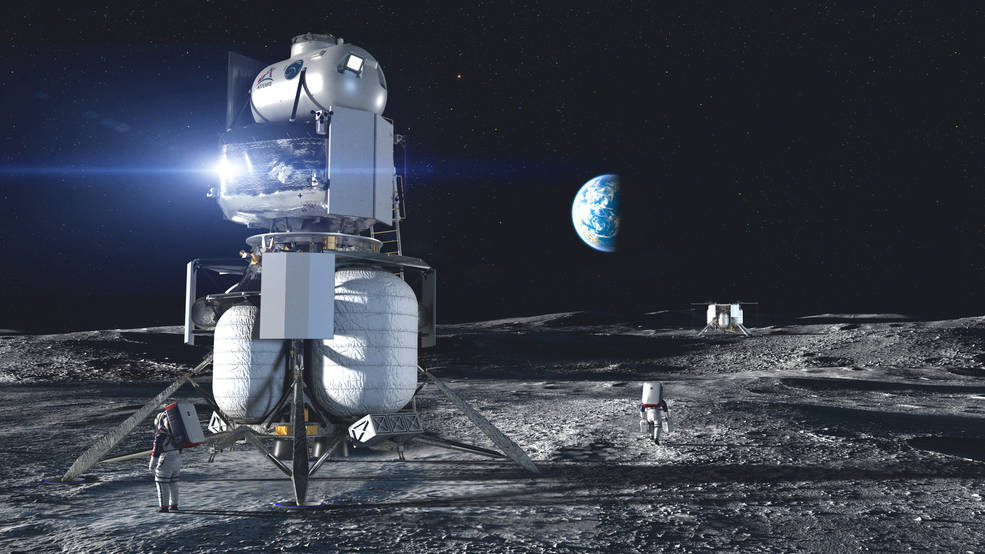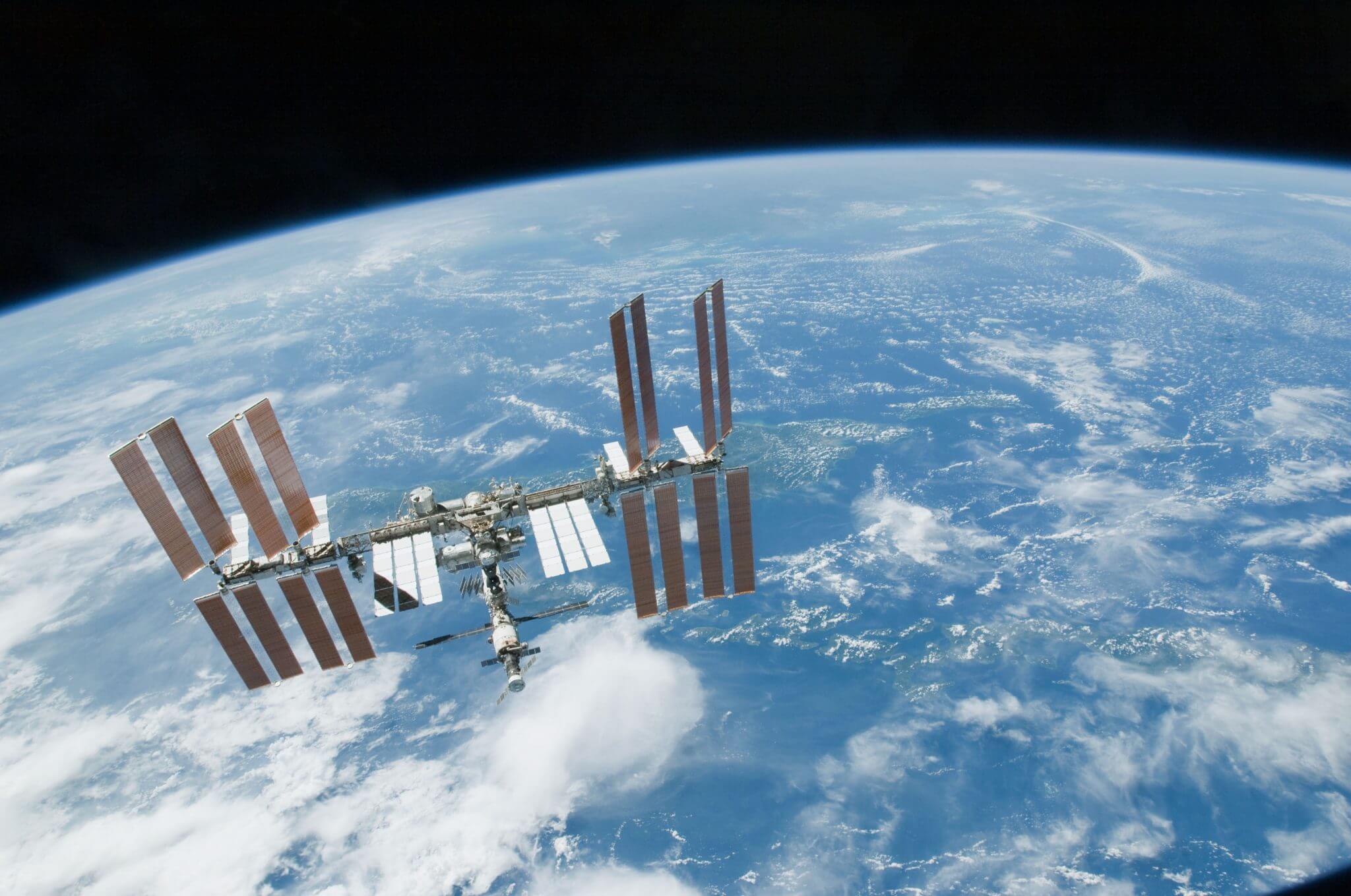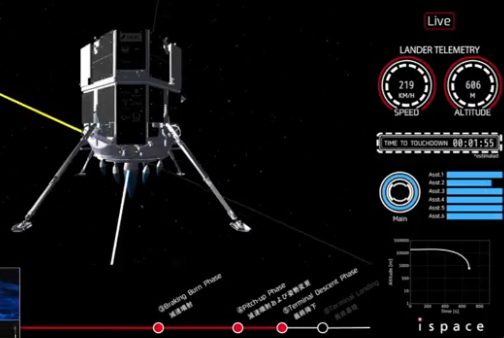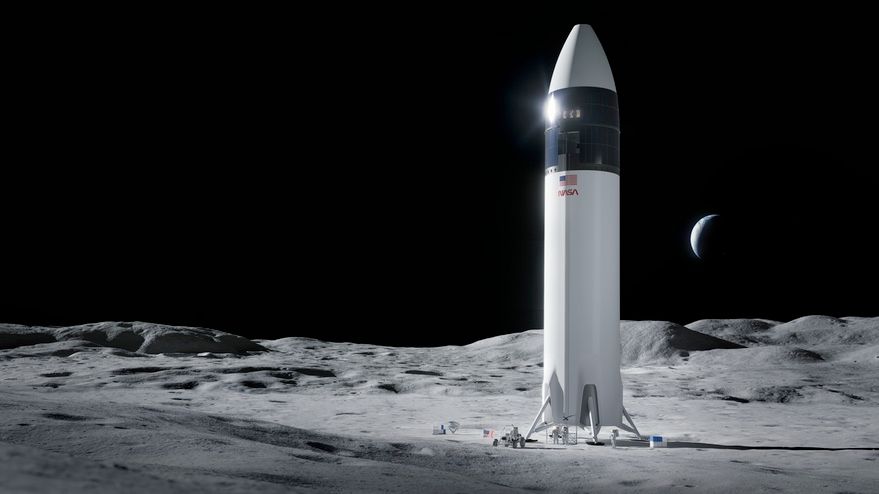Blue Origin’s disagreement with NASA over its failure to win a contract for the Human Landing System (HLS) finally reached its apogee on 13 August when the company filed a suit in the US Court of Federal Claims. The nub of the company’s claim is that NASA failed to evaluate its proposal properly. Three days later, the court – which has jurisdiction over bid protests following Government Accountability Office (GAO) reviews – granted a ‘protective order’ on the filed documents, which Blue Origin wanted sealed to protect ‘proprietary’ information.
The disagreement arose because NASA awarded a ‘sole source’ contract for HLS to SpaceX in April, which Blue Origin views as an “unlawful and improper evaluation of proposals”. NASA’s decision, which it later said was made for budgetary reasons, was based on a US$2.9 billion bid from SpaceX, a US$5.99 billion bid from the Blue Origin-led ‘National Team’ and a US$9 billion bid from Dynetics. Blue Origin and Dynetics filed protests with the GAO, but its 76-page ruling (published on 20 July) supported NASA’s decision. Dynetics released a statement expressing disappointment but said that it “respect[ed] the GAO’s determination”.

The Blue Origin-led National Team’s concept for a three-stage lunar lander/ascent/transfer craft. Courtesy: Blue Origin
Blue Origin’s suit against NASA follows a failed attempt by CEO Jeff Bezos to restore competition to the programme by means of an open letter to the NASA Administrator, which was posted as a blog on the company’s website on 26 July. In return for an HLS contract, Bezos offered to cover the first US$2 billion of costs of developing a lunar lander from his own pocket, as well as conducting a demonstration mission. However, the GAO concluded that NASA was within its rights to award a single contract, because the RFP stated specifically that it could grant single or multiple contracts, or none at all. Since this sort of language is common in requests for proposals, the rationale behind Blue Origin’s decision to pursue its case remains unclear.
It is hard to predict how the dispute will pan out. Blue Origin’s statement that “Two providers ensure greater safety and mission success, promote competition, and control costs” represents a widely understood norm in contracting for major space systems. But it is also well known that NASA is a Government agency funded by public money. As such, it would surely have been subject to investigation had it awarded a contract to a bidder pitching more than twice the lowest competitive offer. As it was, the amount assigned by Congress to the HLS programme was insufficient even to meet the initial milestone payments stipulated in any of the bids, and NASA was forced to negotiate with SpaceX for a lower figure. In effect, the GAO report confirmed that there was no way NASA could afford to consider multiple awards even if it had wanted to.
Moreover, in recognition of the original protest, NASA stopped work on the HLS and delayed the initiation of the programme. If the current protest triggers a similar stop-work order on the SpaceX contract, it could delay America’s already tardy attempts to return to the Moon and explore Mars. The ultimate benefit of this – for Blue Origin or any other contractor – is difficult to discern.
Update by Matt Wilson on 20 August: The federal government has taken up the Blue Origin lawsuit against NASA (and by extension itself). In doing so, however, it has issued a “NASA Voluntary Stay of Performance” which pauses work on the HLS programme until 1 November. This is reportedly in exchange for an “expedited litigation schedule” agreed to by all parties, which is timetabled to end on that date.
This pause by NASA is not yet an official “stop-work” order, but any delays incurred by the programme at this early stage put increasing pressure on the 2024 lunar landing deadline.







